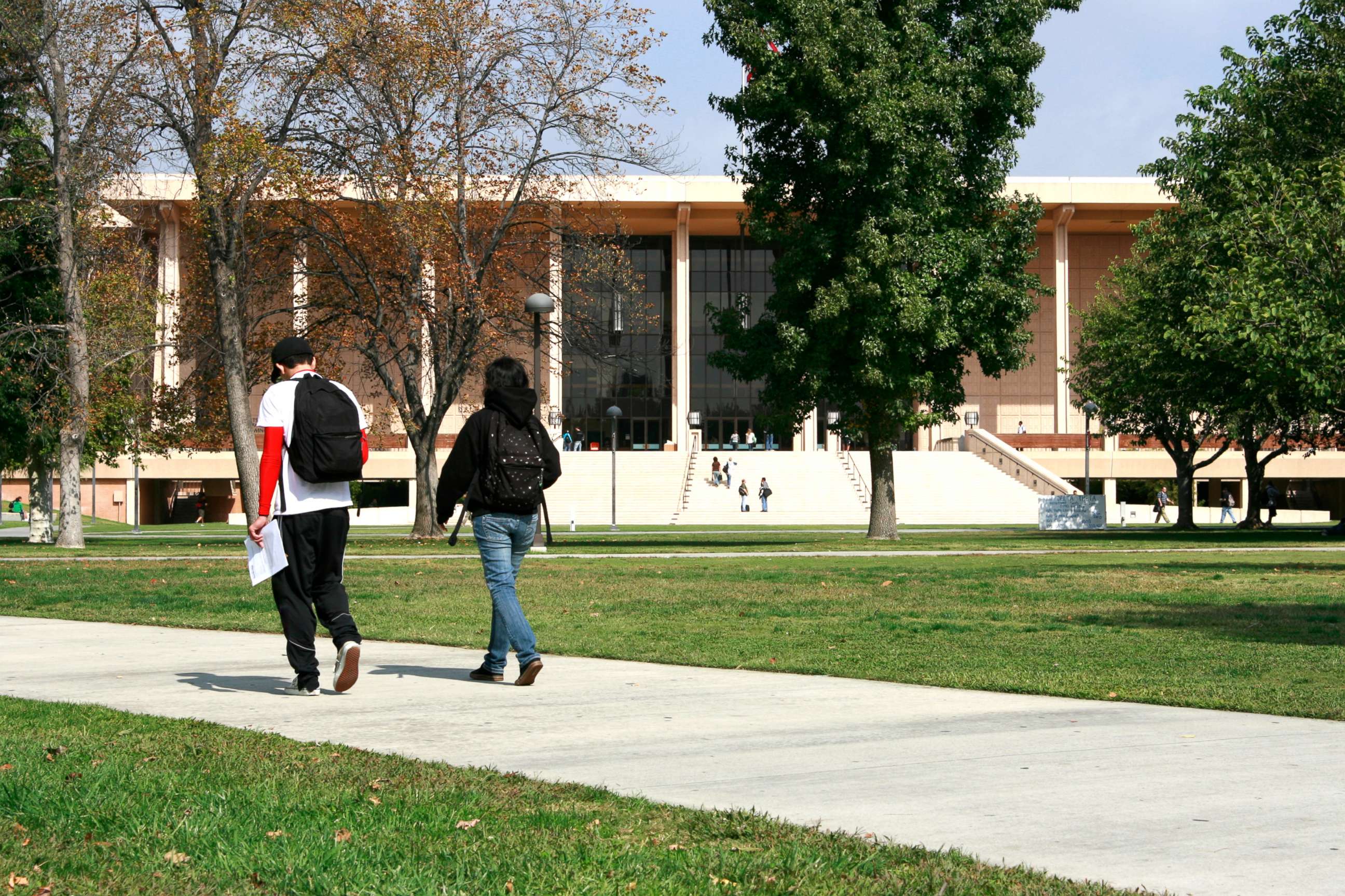College applicants are down, especially among low-income students, Common App says
There is also a steep decline among first-generation students, data shows.
The number of college applicants is down so far this year, particularly among first-generation and low-income students, according to data from Common App, in what the college application company is calling an "alarming trend."
The organization, whose college admission application is used by over 900 colleges and universities, analyzed application data from its returning members submitted through Nov. 16 -- the early decision and early action deadline for many institutions this year.
The Common App found that when compared to the same period last year, the number of unique applicants decreased 4% this year (659,993 applicants, down from 686,866 in 2019). This decline was greater among first-generation and fee waiver-eligible applicants, which each saw about a 10% decline in applicant volume, it said. It was even greater than the decline for non-first-generation applicants (down nearly 2%) and non-fee waiver applicants (down about 3%).
"The concern about first-generation and low-income students being left behind is real," Common App CEO Jenny Rickard told ABC News.
The gap in the rate of decline between first-generation and non-first-generation applicants also widened between Nov. 2, when Common App first analyzed its data, and Nov. 16. "I'm very concerned about that," Rickard said.
First-generation, underrepresented minorities and fee-waiver students are also less likely to self-report their standardized test scores than students overall, Common App found.
"It's clear in our data that the impact of the pandemic is disproportionately and negatively impacting" those applicants, Rickard said. "At this moment in time, we need to make sure to meet students where they are, not make students jump through hoops."

The college application process has been completely disrupted by the coronavirus pandemic, Rickard said, from access to counseling and standardized tests to college fairs and recruitment.
With early January the next big deadline for applicants, "time is running out," she said.
For the 2019-2020 application cycle, a majority of applicants (65%) had submitted at least one application by Nov. 16, 2019. Nearly half (45%) of all applications were submitted by then.
Whether or not news of a possible COVID-19 vaccine will impact application rates remains to be seen, Rickard said.
"COVID really turned the admissions process upside down in the spring," she said. "I think that is where this all began."
To aid in the application process, Common App launched a mobile app on Thursday, geared toward applicants who don't have access to a home computer.
"This is our opportunity ... to really rethink the application process and seize the moment," Rickard said. "It's highlighting for all of us what the barriers are for students, and particularly the most vulnerable students, in applying to college."
In another worrying sign, applications for the Free Application for Federal Student Aid are also down.
Through Nov. 13, the number of FAFSA completions nationally was down 16% from the last academic year, according to the National College Attainment Network. The decline in FAFSA completions was greater among high school seniors at Title 1-eligible (down 18.7%) and high-minority (down 20.6%) schools than Title 1-ineligible (down 13.8%) and low-minority (down 12.2%) schools, it found.
Seniors who complete the FAFSA are 84% more likely to immediately enroll in postsecondary education, according to the National College Attainment Network.




